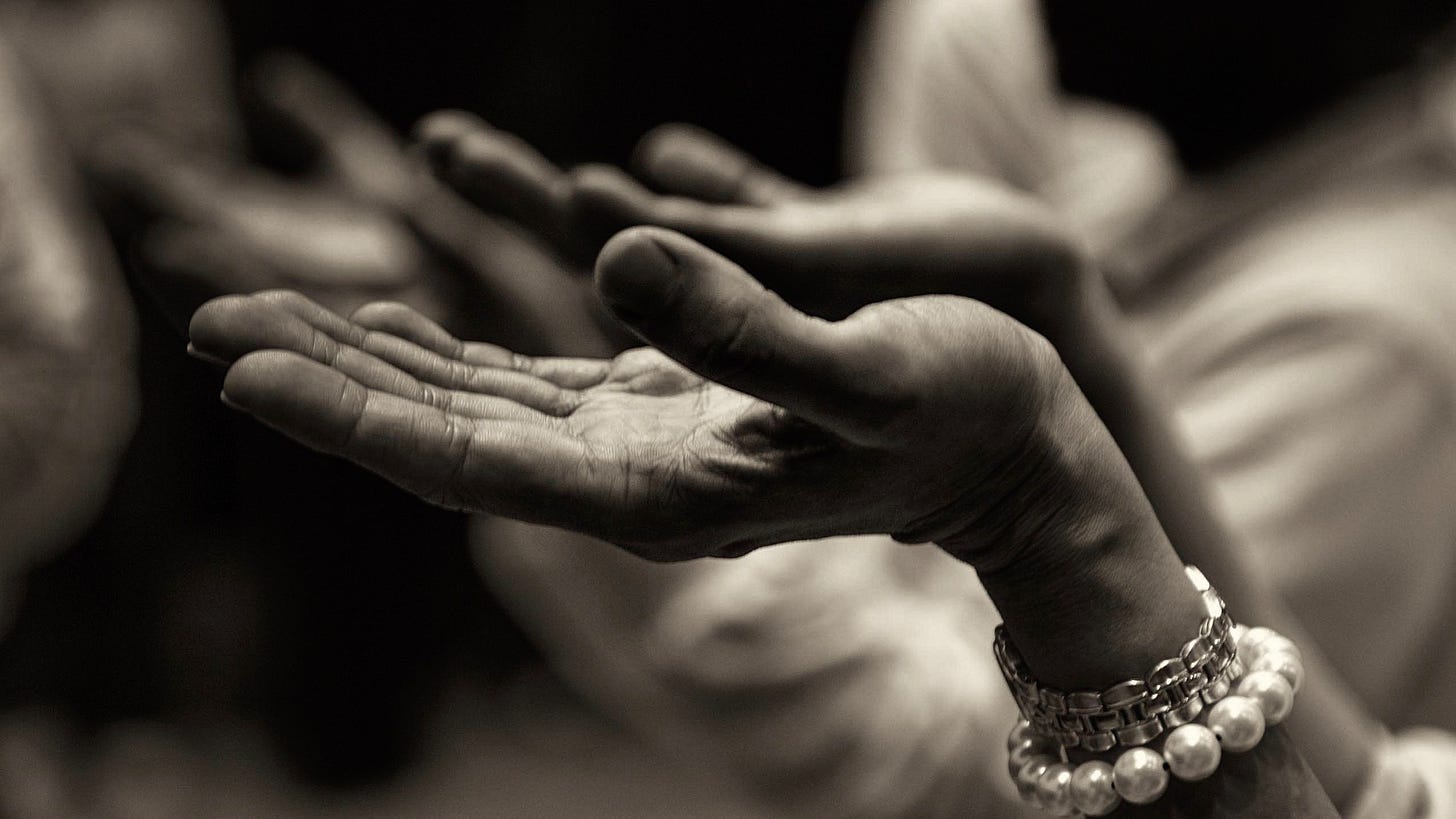When a word is first created, it is used to describe reality. If one observes that men seem to hold all positions of power in society, one might create the word “patriarchy” to describe that. Patriarchy is defined as a social system where men hold structural and legal power over others. If one observes that men hold structural and legal power in their society, then they might say “we live in a patriarchy.” However, if they later observe that men no longer hold structural and legal power, does that mean they no longer live in a patriarchy?
One would think so. However, the human mind often seeks confirming evidence rather than contradictory evidence. If you hold a position, you look for evidence to support that position, not evidence that your entire worldview might be wrong. Even a word itself can become a concept one seeks confirming evidence for, rather than simply saying “that is a made-up concept that no longer applies.” If you’ve learned that you live in a patriarchy, instead of asking “do we actually live in a patriarchy?” the question might instead become “how does patriarchy manifest in our culture?”
Suppose men do not have structural and legal power, but you’ve been taught all your life that you live in a patriarchy. How would you find evidence to support your previous belief? Simple: change the definition of patriarchy. Instead of structural and legal power, patriarchy might become social power or beliefs that society holds. Instead of visible power, it could be invisible social systems. Women could hold patriarchy within themselves on an unconscious level. Patriarchy might even manifest in the interactions between other genders where no men are present.
This interpretation goes against the original definition. Yet, this is how the term patriarchy is used in our culture. In fact, all decentralized conspiracy theories follow this pattern. White people do not have legal advantages over others, yet we live in a white supremacist culture. Entire months are dedicated to celebrating gay pride with all of the largest corporations and government entities participating, yet we live in a heteronormative culture. The society these terms were created to describe no longer exists, yet we still ask “how does [word] manifest in our culture?"
This is “thinking backwards from words.” Rather than observing reality and creating words to describe it, we instead have words and use them to interpret reality. If reality does not fit the words, then more words must be created to explain reality using the previous words. “Thinking backwards from words” follows the structure of religious thinking. The Bible begins “in the beginning was the word.” In Abrahamic religions, there is a religious text that one uses to interpret reality, rather than finding God in mystical experiences within reality.
Suppose you were brought up to believe that God had a plan for your life. God loves you. He wants you to be happy. Then, tragedy strikes. A close family member dies. Someone questioning their faith might ask “why would God allow this to happen?” but a true believer will ask “how is this a part of God’s plan?” We know God has a plan for our life. He loves us. He wants us to be happy. Someone dying must be a part of that plan to ultimately bring you happiness. The new reality is reinterpreted using the old words.
Of course, the original vision you had of God’s plan, His love, or how He would make you happy probably didn’t include members of your family dying. Yet, this is an easy plot hole to fix. “They’re in a better place now.” Done. The question isn’t “do we actually live under God’s plan?” but “how does God’s plan manifest in our lives?” Word-thinking is unfalsifiable, like faith. Once you insert a word into the culture, the evidence will be found.
P.S. How do the ideas of my book Children’s Justice manifest in our culture?




